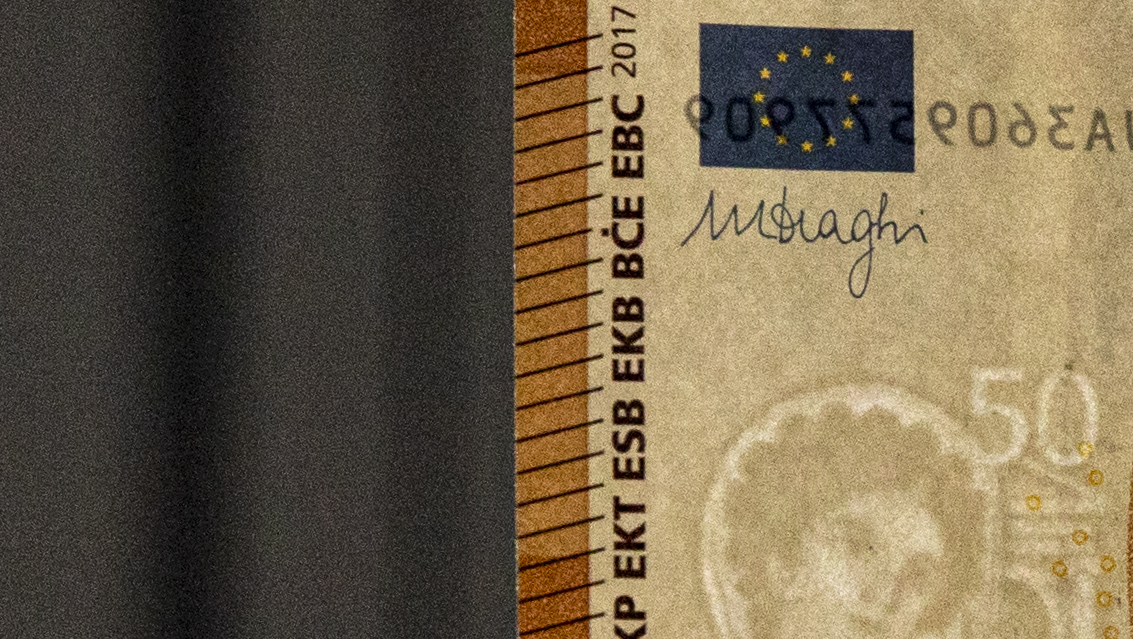Most traders already offer their customers the possibility to pay both in cash and non-cash. However, there are still several hundred taxpayers who do not offer card payments at all.
"In general, if we look at taxpayers as legal entities, there are about 41,000 merchants in Latvia who are past the €50,000 turnover threshold, but of these there are only about 800 merchants for whom no information about the bank or payment institution account is known," said Natālija Fiļipoviča, Deputy Director of the Taxpayers' Behavior Analysis and Forecasting Department at the State Revenue Service (VID).
These traders do not have a bank account at all, so they cannot accept cash.
"Not in any form - not through POS terminals, not through transfers. But in real life, of course, the number of companies that do not accept cashless money from customers could be higher, because, of course, the company may not offer customers convenient solutions. So technically [cashless payments] could be offered by a company, but in practice it is not accepted," said Filipoviča.
In terms of sectors, where most of the merchants without a current account are located, trade, which is a large and important sector in the Latvian economy, is at the top. But it is by no means the only sector with a large number of merchants without bank accounts.
"Real estate, construction, catering and other sectors such as electricity, gas, heating, and air conditioning are also relatively more likely to be without a bank account," Fiļipoviča said.
Atis Bičkovskis, Director of the Department for the Coordination of the Shadow Economy, Ministry of Finance, explained that this regulation has been discussed both in trade associations and in the financial sector, as in the past it has often been argued that cashless payments are disproportionately costly for merchants.
This is why it has been decided that the threshold will be an annual turnover of EUR 50 000. "Based on the calculation of commercial costs and the use of cashless payment solutions, it pays off with an annual turnover of over €35,000. That is why this threshold above €50,000 per year has been set, when customers should be able to pay cashless," said Bičkovskis.
Representatives of entrepreneurs interviewed by Latvian Radio pointed out that this means that the new regulation will essentially apply to all traders.
"If a company works six days a week, every day, then 167 euros a day is really not a big turnover, and a lot of it will fall into this basket. Of course, for small traders, providing this POS terminal will cost something," said Dāvis Vītols, head of the Latvian Chamber of Commerce and Industry's Trade Council.
Henriks Danusēvičs, President of the Latvian Merchants Association, shares similar views, saying that the new regulation will be an additional burden and cost for traders:
"This means that, in principle, they want to impose such an obligation on all sales and service outlets. Given that this service is expensive, so far it has been up to each outlet to assess whether they need to introduce cashless payments because their customers want them and whether they are willing to bear the additional costs of introducing such a cashless payment system."
Hopes to reduce the shadow economy
The Ministry of Finance and the State Revenue Service explained to Latvian Radio that each trader can assess for themselves how much it will ultimately cost to provide cashless payments. The options range from stationary card readers to mobile applications.
Asked about the impact of this regulation on curbing the shadow economy, Atis Bičkovskis said that limiting the use of cash in mutual transactions is only one of 50 proposals included in the shadow economy plan under the auspices of the Ministry of Finance, which is expected to be put into practice by the end of this year.































